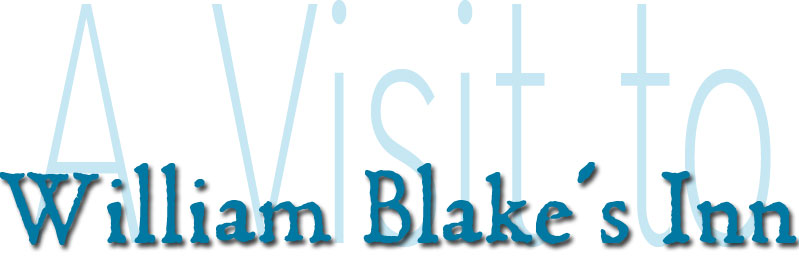Ah, the first Saturday of GHP, when everyone curls up into a fetal position after lunch and recovers.
After a brief recovery, and after cleaning up the apartment and putting everything away, I decided to get some work done, and I chose to work further with the way Finale 2007 deals with parts. I found that I could edit the individual parts within the program, and that’s what I worked on all afternoon.
Later, after supper, I put everything away and went up to the dance. Every Saturday night the RAs stage a dance on Langdale Circle for the mouselings. There’s a different theme each week; this week it was the Twins Dance. Dress like someone else and come together.
Many halls decide to come all alike, so it’s not much twins as clones sometime. Still, it’s a very joyous occasion. The children, like us, are exhilarated that they have survived the first week, and they’re ready to celebrate.
Some images:
- The hall that came as their RA, complete with bushy black philosophy major beard. (Even the RA was wearing a felt version of the real thing.)
- Another hall that came as their RA, with open white shirt with upturned collar, and a lavender flower tucked behind the ear.
- The RA who came as Georgia Hall, complete with little red roof hat.
- Two boys in their hall’s uniform of wife-beater and jams, who did not seem to realize or care that they danced with each other the whole time I was there.
- The group of boys (again, dressed as their über-preppy RA) in the distance, clearly dancing “in secret”: they were practicing for their entrance.
- The RA who came as a bag of M&Ms, and all her girls were the M’s.
- The song “Barbie Girl,” whereupon all the RAs on the steps of Georgia Hall turned their maglites on their dorm director, Barbie, a beautiful petite blonde, who makes no bones about her brains, her beauty, or her athleticism, and who immediately took center stage.
- The sheer exuberant immortality of youth as what was clearly a majority of the students on campus danced and jumped and sang and hugged and talked their way towards hallcheck and lights out at the end of their first week of GHP.

